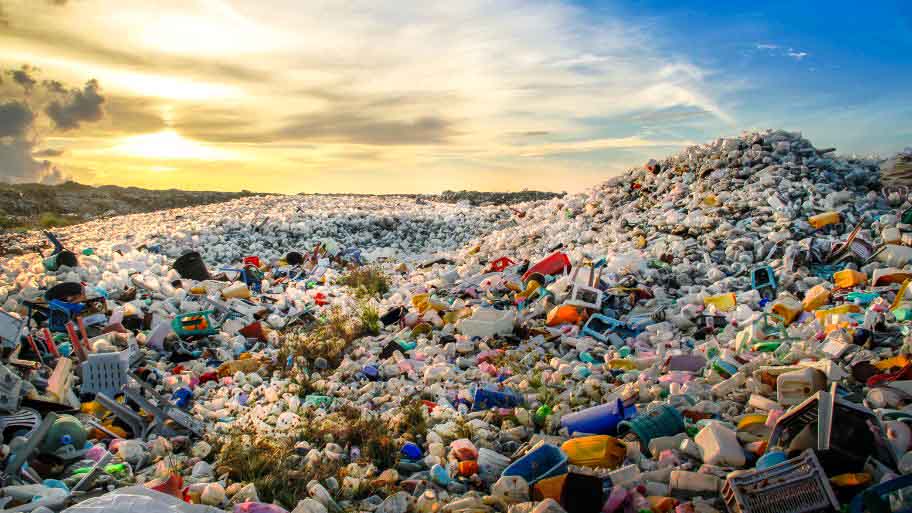The Intergovernmental Panel on Climate Change (IPCC) of the United Nations has issued a new report outlining numerous strategies for surviving and adapting to climate change.
U.N. Secretary-General António Guterres stated in a news statement, “The climate time bomb is ticking.” “Yet, the current IPCC report provides a manual for defusing the climatic time bomb. It is a roadmap to human survival.”
The Synthesis Report of the Intergovernmental Panel on Climate Change (IPCC) is the agency’s most thorough report since the 2015 Paris Agreement and is meant to serve as a set of instructions for governments around the world to limit warming to 1.5°C.
The organization emphasized that carbon emissions have only increased since 2018, when the agency set this temperature limit. The current global temperature is 1.1°C above pre-industrial levels, which the agency says has increased the frequency and severity of extreme weather worldwide.

“Mainstreaming effective and equitable climate action will not only decrease losses and harms to nature and people, but it will also deliver broader benefits,” said Hoesung Lee, chair of the Intergovernmental Panel on Climate Change. “This [study] highlights the necessity of adopting more ambitious action and demonstrates that, if we move immediately, we can still ensure a sustainable future for everybody.”
The U.N. panel calls for “climate-resilient development” to cut emissions and enhance investment in the development of sustainable energy sources and new modes of transportation that stress walking, cycling, and public transportation.
“Transformational changes are more likely to be successful when there is trust, when everyone works collaboratively to prioritize risk reduction, and when rewards and liabilities are shared equally,” added Lee. “We live in a varied society where everyone has unique duties and possibilities to effect change. Others will want assistance to handle the adjustment although some can take on a substantial amount of responsibility.”
